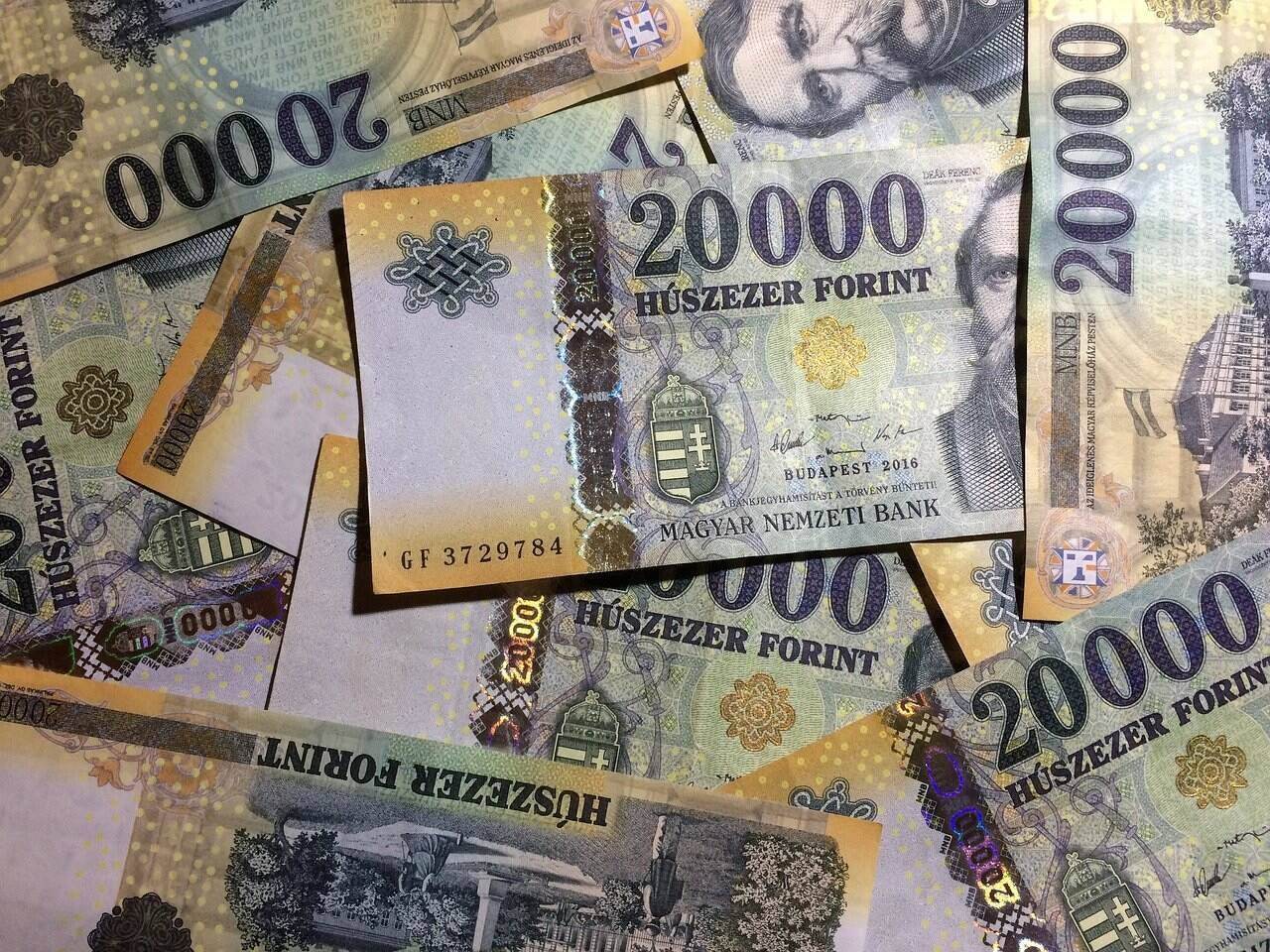Here is why the Hungarian forint is strengthening again!

The forint has been strengthening these past two days, along with the euro and Central European currencies. This is after the forint and the zloty plunged to a record low upon the first news of US energy imports hitting Russia earlier this week.
The forint strengthened significantly on Wednesday. Before that, a big uproar was caused earlier in the week when the forint approached a record low of 400 against the euro. Since then, it has strengthened by more than 4 per cent and was already back to 382 on Wednesday, but this is still a significant weakening compared to the beginning of the year when it was close to 350.
Here are some of the possible reasons why the forint could start strengthening, according to vg.hu.
Pressure on the euro has eased
When the dollar is bought strongly against the euro, it puts pressure on Central European currencies. This is exactly what happened earlier this week: there was a freefall of regional currencies. However, this has changed.
The euro weakened below the 1.1 level against the dollar for the first time in almost two years.
Central European interest rate hikes continue
Before the Russian-Ukrainian war, interest rate hikes by regional central banks strengthened their currencies, and the forint was particularly strong as we experienced the tightest negative real interest rate environment amid accelerating inflation across Europe.
The National Bank of Hungary has considered further steps to make forint sales more expensive.
Flow of foreign capital
The exchange rate of a currency can also be affected by the inflow of foreign capital into a country’s stock and bond markets, or in the opposite direction. The fall in the region has been accompanied by a plunge in stock markets since the start of the war. On Wednesday, however, after a four-day sell-off, sentiment in Europe and in our region improved, and the rise in exchange rates could support currencies in the region.
Last but not least, the news of the war continues to affect the mood.
However, if there is no news that increases the threat to the region, which in itself is a positive.
Source: vg.hu, portfolio.hu



“Before the Russian-Ukrainian war, interest rate hikes by regional central banks strengthened their currencies, and the forint was particularly strong as we experienced the tightest negative real interest rate environment amid accelerating inflation across Europe.”
Nonsense. The forint has been fairly weak since around 2014 in relation to the euro for instance, but against most currencies in general. A yearly average since 2017 for the forint since 2007 is available online from the MNB – en0301-arfolyam. It is still a weak currency, not ‘particularly strong’. The DNH should not stray into articles about finance, a subject that is totally unqualified to discuss.
Dear Midas,
We will check into the issue. The statement you referred to came from the source of the article at VG (https://www.vg.hu/penz-es-tokepiac/2022/03/a-forint-erosodik-ez-itt-az-ot-lehetseges-ok), an online Hungarian economic portal.
Thank you!
Dear Péter, thank you for response. I apologise for the typo I made – the MNB downloadable file covers 2007 – 2021. I appreciate that your source was the VG article, but that is the problem with doing ‘cut and paste’ journalism without having a critical view that assesses the accuracy of the information presented by that source. If presenting something as fact, within the mainstream media there is an obligation to establish the veracity of those facts. Otherwise, the whole thing just descends into being an ‘echo chamber’ as it is known, as in much of social media, particularly highlighted during the pandemic.
Dear Midas,
Thank you fo your advice, we will try to look more into specialised topics in the future and do some more background research.
We are only trying to cover a diverse range of topics to keep our site interesting for a wider audience.
Thank you!